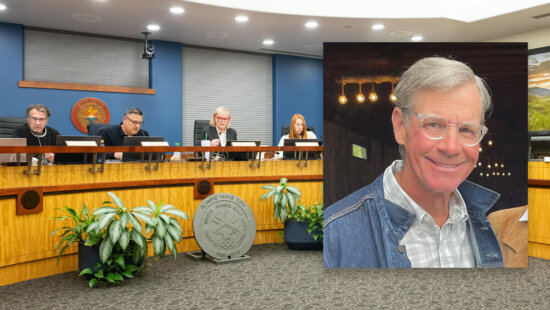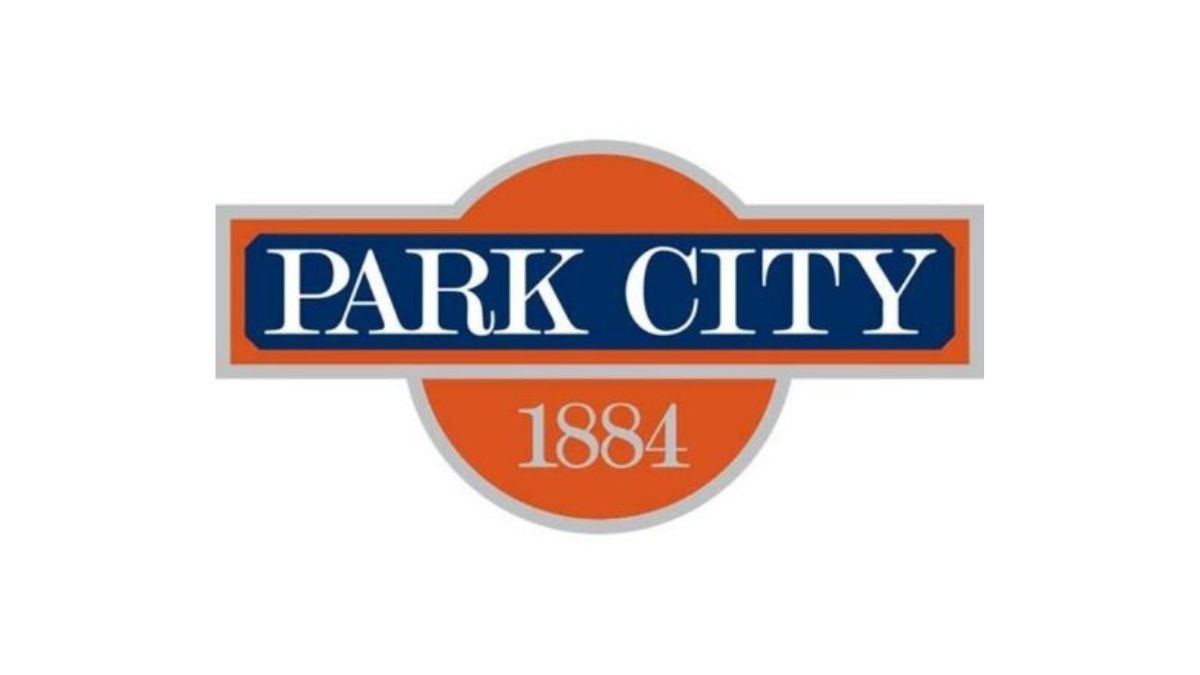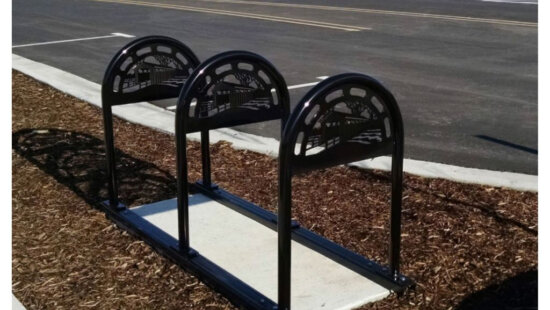Neighbors Magazines
Tap water, please
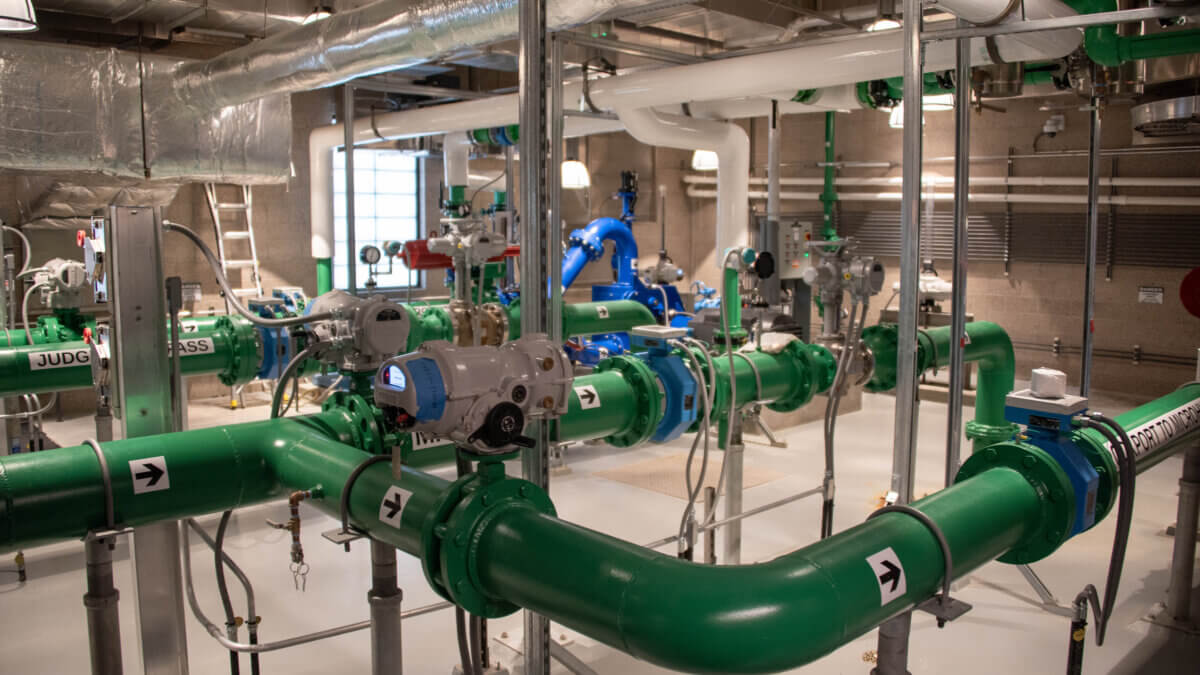
Photo: Dana Klein.
Arguably, Park City’s water has never been safer—but public opinion changes slowly.
Anyone who’s moved to Park City over the last 15 years surely has had “the water talk.” A local gravely warns the newcomer not to drink water from the taps. It’s a historical mining town, goes the spiel, and heavy metals leach out of the old tunnels. Some locals remember 2007 and 2010, when brown water contaminated with heavy metals did, in fact, plague homes near Thaynes Canyon.
That event originally brought Michelle De Haan to town—and led to her role today as Water Quality and Treatment Manager for Park City Municipal Corporation.
A chemist by training, De Haan previously managed water treatment for Scottsdale, Arizona at a key turning point. “EPA had just come out with a huge laundry list of new contaminants that water systems had to monitor for,” De Haan says, referring to a 2001 regulation from the Environmental Protection Agency. Among other things, the agency set the first-ever limits for lead and copper in drinking water and reduced the acceptable level of arsenic from 50 micrograms per liter to 10.
Municipalities weren’t sure how to comply and needed specialists like De Haan to figure it out. She piloted new arsenic testing techniques that landed her a consulting job serving municipalities across the country.
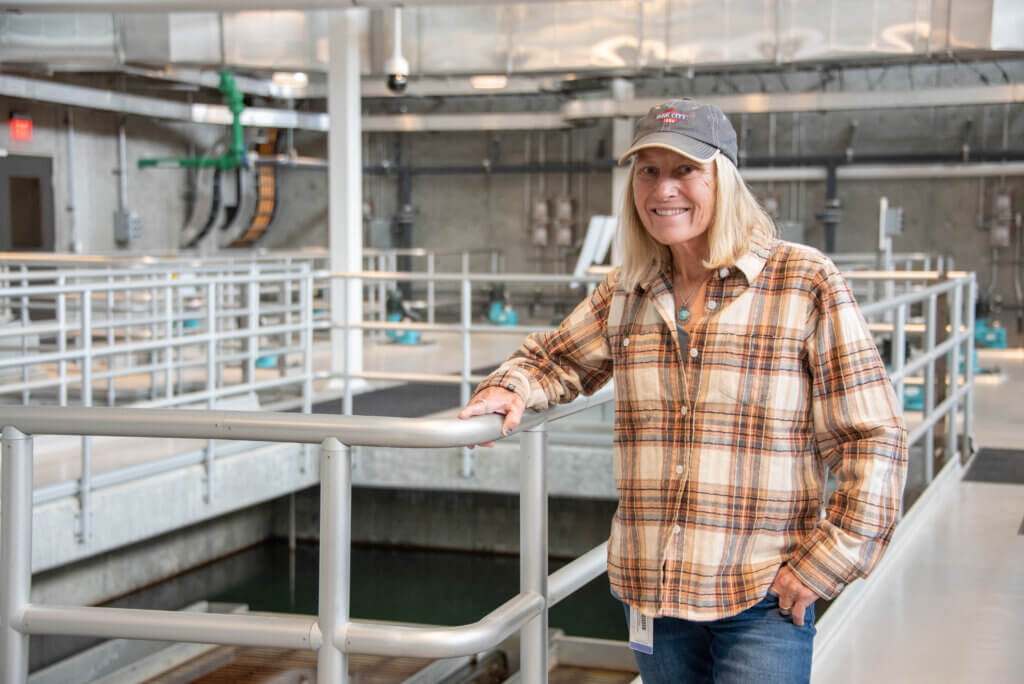
One of those municipalities was Park City. De Haan was part of the team that sorted out the 2007 and 2010 contamination events (which had to do with metals stuck to the pipe walls). PC Municipal Corporation’s Public Utilities Director, Clint McAffee, asked De Haan what staff Park City would need to hire to ensure the water remained safe. “And so I had the opportunity to write my job description,” she says.
Since 2011, De Haan has helped orchestrate a $150 million overhaul of Park City’s water system, including $82 million to build the 3Kings Water Treatment Plant. She leads this reporter and photographer on a tour of 3Kings to illustrate how it works. Anyone concerned with Park City’s water quality (76% of locals, according to a Utah State University survey) ought to do a tour.
3Kings is impressive on many levels. The architecture, inspired by the mining era, blends with the high-end homes on Three Kings Drive. Its micro-hydropower system converts incoming water into emissions-free electricity, covering 30 percent of the plant’s needs. The control room, resembling something out of a spy thriller, continuously monitors operations and water quality. The laboratory, meanwhile, looks like the world’s cleanest bar with its beer-style taps for 13 different water sources.
The multidisciplinary water treatment operators, part scientists and part “glorified janitors,” as De Haan puts it, are equally impressive. They learn how to do every task required to keep our taps flowing. No matter who is sick or on vacation, our 3Kings operates seamlessly.
In the lab, De Haan shows a sample of raw Park City water at its worst. It’s brownish red from metals. Eight heavy metals do run out of them-thar-hills: arsenic, cadmium, lead, zinc, antimony, thallium, iron, and manganese. 3Kings removes them all. No other facility known to De Haan handles that many.
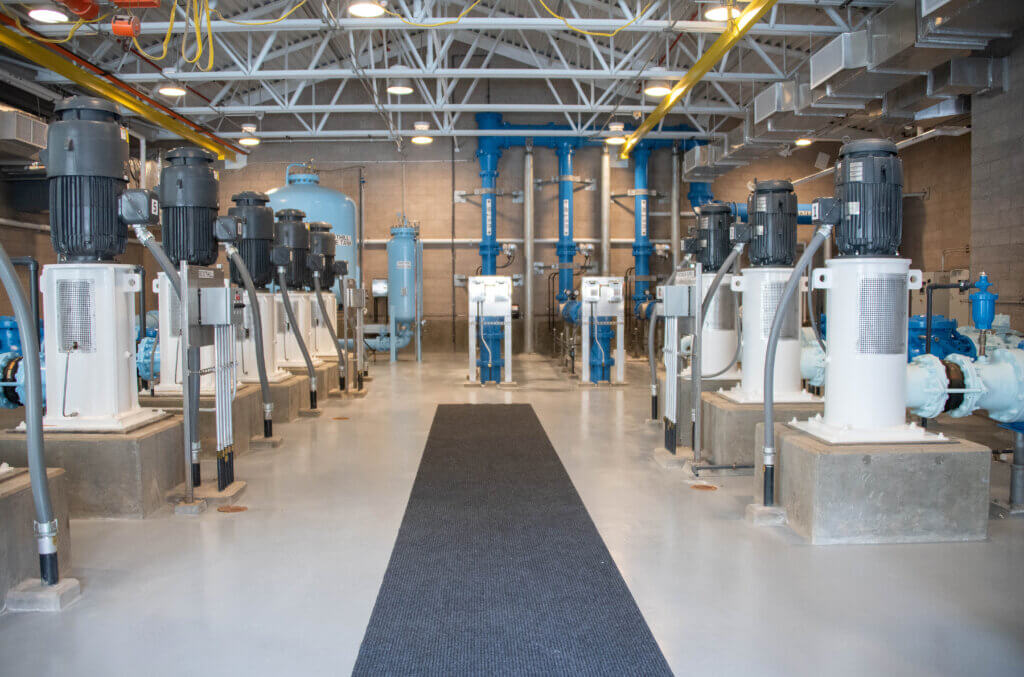
As water flows from the Spiro and Judge Tunnels into 3Kings, the plant adds its housemade chlorine, raises the pH, and introduces an iron-based coagulant. The goal is to thicken the particles so they will settle to the bottom, allowing easy removal. The remaining, uncooperative particles get caught in filters.
From there, 3Kings lowers the pH to trap antimony in a pricey titanium dioxide adsorption media. At the last stop before distribution to Park City homes and businesses, 3Kings adds more chlorine for disinfection, blasts the water with the UV light to kill any remaining pathogens, and raises the pH to 7.8. No water is wasted. All that remains are cakes of dry, brown waste cakes that get trucked to landfill.
What about the chemical family PFAS, leached from fluorinated ski wax? That wax is now banned in town but found in our snow nonetheless (and used, I assume, by the same people who bike muddy trails and leave grocery shopping carts in parking spots).
Luckily, we have three water treatment plants serving our town of roughly 8,500 full-time residents. Water from 3Kings, which is PFAS-free, gets blended in tanks with water from the Creekside Water Treatment Plant (which contains some PFAS) until the concentrations are below EPA limits.
“The quality of the water that we put out is top notch,” De Haan says. The well-intended “water talk” no longer corresponds to reality. Nevertheless, “There’s still a heavy portion of the public that has a preference towards bottled water. And I think that’s not just in Park City. That’s all over the United States.”
We conclude the tour with a tasting of 3Kings drinking water. It comes out of a beer tap at a crisp 45° F. “I love being my own customer,” De Haan says.

















